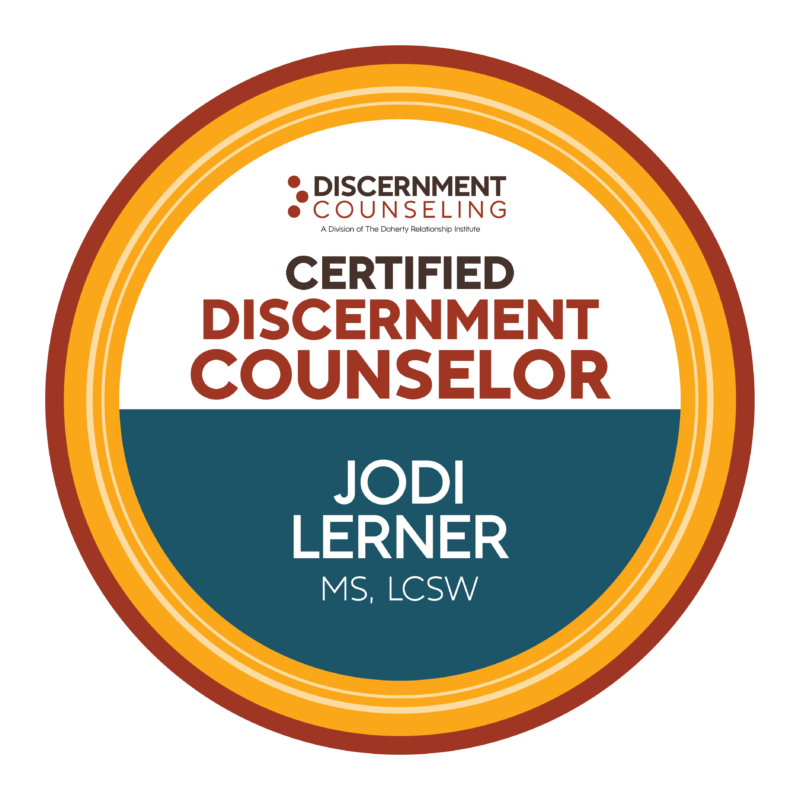
In the intricate dance of relationships, there often comes a time when couples find themselves at a crossroads, unsure of the next step. This is where discernment counseling shines, offering a beacon of hope and clarity amidst uncertainty. One of the most significant positive aspects of discernment counseling is its focus on understanding and respecting each partner’s perspective. Rather than rushing to solutions or prematurely ending the relationship, discernment counseling creates a safe space for both individuals to explore their thoughts, feelings, and desires openly.
Another compelling aspect of discernment counseling is its non-judgmental and neutral approach. Unlike traditional couples therapy where the goal may be to reconcile differences or salvage the relationship, discernment counseling acknowledges that not all relationships are meant to last. Instead of labeling one partner as the “problem” or assigning blame, discernment counseling encourages couples to look inward and evaluate their own contributions to the relationship challenges. This process of self-reflection can be profoundly empowering, allowing individuals to take ownership of their actions and choices without feeling condemned.
Moreover, discernment counseling equips couples with the tools they need to navigate the complexities of their relationship, regardless of its ultimate outcome. Whether they choose to reconcile and work on their issues, pursue an amicable separation, or take time apart to reassess their priorities, discernment counseling provides a roadmap for moving forward with clarity and confidence. By fostering open communication, mutual respect, and emotional resilience, discernment counseling empowers couples to make informed decisions that honor their individual needs and aspirations. In essence, it’s not just about salvaging a relationship but also about fostering personal growth and resilience, laying the foundation for healthier connections in the future.









